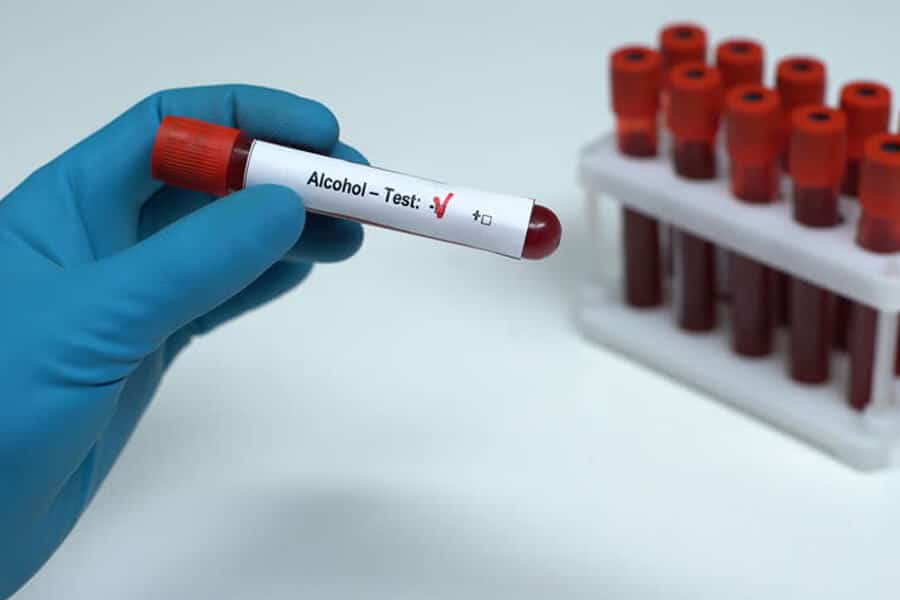If you’ve recently been arrested or know someone who has and you’re wondering, is DWI a traffic violation, you’re not alone. It’s one of the most common questions people ask after getting pulled over, especially when the gravity of the situation hasn’t fully set in yet. At first glance, a DWI might seem like a glorified traffic ticket. After all, it starts with flashing lights, a roadside stop, and a citation. But what really lies beneath that initial encounter is a criminal charge—one that could stick with you for life.
In this article, we’re breaking down the confusion around whether DWI is just a traffic violation or something much more serious. With real-life stories, legal insights, and a plainspoken approach, we’ll walk you through how courts actually treat these cases and what it means for anyone facing one.

Understanding What a DWI Actually Is
Let’s start with basics: is DWI a traffic violation in the way that speeding or running a red light is? The short answer is no. While the traffic stop might look the same at first, the legal consequences tell a very different story.
DWI, or Driving While Intoxicated, is considered a criminal offense in most states, not merely a civil infraction. Depending on the circumstances, it can be charged as a misdemeanor or even a felony. That alone puts it in a completely different category than typical traffic violations.
What Separates a Traffic Violation from a Criminal Offense?
A traffic violation generally results in fines, points on your license, or traffic school. There’s no jail time, and the offense rarely appears on a criminal background check. DWI, on the other hand, often includes:
- Arrest and booking
- A court appearance before a judge
- Jail time or probation
- Criminal fines (not just civil penalties)
- Long-term license suspension
- A permanent criminal record
So when someone asks, is DWI a traffic violation, the more accurate response is that it begins with a traffic stop—but it evolves into a criminal prosecution.
Real-Life Example: One Bad Decision, Years of Consequences
Consider the story of Jacob, a 27-year-old EMT from Dallas. He had two beers after work and drove home feeling fine. A traffic officer noticed him swerving and pulled him over. A field sobriety test followed by a breathalyzer led to a DWI arrest. He thought it was a slap on the wrist—until he found himself facing a court date, license suspension, $2,000 in fines, and a criminal record.
Jacob’s experience shows that even a first-time DWI isn’t just a traffic violation. It’s a criminal offense with real, long-lasting consequences that affect employment, housing, and even insurance.
How Courts Classify and Handle DWI Offenses
So is DWI a traffic violation in the eyes of the court? Absolutely not. Courts treat DWI with the seriousness of a crime, and it’s processed through the criminal justice system—not through traffic court.
First Offense DWI
In many states, a first-time DWI is classified as a misdemeanor. That doesn’t make it harmless. It still involves criminal charges, and conviction carries:
- Jail time (usually a minimum sentence, even if suspended)
- Fines ranging from hundreds to thousands of dollars
- Probation periods
- Alcohol education or rehab requirements
- License suspension or ignition interlock installation

Repeat Offenses or Aggravating Circumstances
When someone is charged with a second or third DWI, or if aggravating factors like injury, child passengers, or a high BAC are present, the charge can be elevated to a felony. At this level, the stakes increase dramatically. Felony DWIs can carry multi-year prison sentences, high financial penalties, and permanent loss of certain civil rights.
So if you’re still asking, is DWI a traffic violation, it’s clear that once you’re standing before a judge facing jail time, that label no longer fits.
Why the Confusion Exists Around DWI as a Traffic Violation
The confusion over is DWI a traffic violation is somewhat understandable. It usually starts with a traffic stop, and the interaction may feel like any other moving violation. But that’s where the similarities end.
The Role of the Traffic Stop
A DWI arrest often begins like a typical traffic infraction: maybe you were pulled over for speeding, a broken taillight, or drifting across lanes. But once the officer suspects impairment, the situation escalates fast. At that point, the traffic stop becomes an investigation for criminal conduct.
Language in the Citation
Another reason people ask is DWI a traffic violation is because of the citation they receive. In many jurisdictions, the initial document handed to the driver is formatted similarly to a traffic ticket. But that doesn’t reflect the legal weight of the offense. It’s more of a placeholder until formal charges are filed.
Administrative vs. Criminal Penalties: The Two-Track System
One reason for the ongoing debate around is DWI a traffic violation lies in the two-track system for handling such charges: administrative and criminal.
Administrative Penalties
These are handled by your state’s Department of Motor Vehicles (DMV) or licensing agency. After a DWI arrest, your license can be suspended even before your court case concludes. These administrative penalties are separate from the court system and may include:
- Immediate license suspension (often triggered by refusal to take a breath test)
- Mandatory license reinstatement fees
- Points on your driving record
Criminal Penalties
These are handled through the courts and are far more serious. They result in:
- Criminal fines
- Jail time or probation
- Permanent criminal record
- Court-ordered rehab or treatment
The DMV may treat your case like a traffic offense, but the courts certainly do not. A felony DWI attorney or criminal defense lawyer, not a traffic ticket attorney, is who you’ll need to deal with these charges.
Insurance After a DWI: Proof It’s More Than a Traffic Violation
Still not convinced? Take a look at what happens to your auto insurance after a DWI. Car insurance companies see DWI convictions as high-risk behavior—worse than speeding or even reckless driving.
What Happens to Your Premiums?
After a DWI conviction, most drivers see their insurance rates double or even triple. Some insurers will cancel your policy entirely. Others may require you to file an SR-22, which is a special form proving that you carry the required coverage.
This kind of financial impact doesn’t happen for ordinary traffic violations. It’s yet another sign that DWI is viewed as a criminal offense, not just a civil infraction.

Background Checks and Employment Consequences
Employers and landlords don’t see a DWI as a traffic offense either. Criminal background checks flag DWI charges just like they would assault or theft. A misdemeanor DWI might not automatically disqualify you, but many job applications ask about criminal convictions—and DWI falls under that category.
Career Impacts
Jobs that require driving, handling sensitive information, or working with children are especially impacted. A single DWI conviction could:
- Disqualify you from professional licenses
- Prevent you from obtaining security clearances
- Affect your ability to drive commercially
These aren’t consequences you’d face with a mere traffic ticket, further proving that the answer to is DWI a traffic violation is no.
Real-World Comparison: Speeding vs. DWI
To put things in perspective, let’s compare two drivers: one gets a speeding ticket, and the other is arrested for DWI.
Speeding Ticket:
- Pays a fine
- May take traffic school
- No court date unless contested
- No criminal record
DWI Arrest:
- Booked into jail
- Required court appearances
- Possibility of jail or probation
- Permanent criminal record
- Loss of license and vehicle-related consequences
This comparison makes it clear that DWI is not a traffic violation—it’s something far more serious with wider-reaching effects.
How States Label DWI Charges
Different states use different terminology, which adds to the confusion about whether DWI is a traffic violation. Here’s a quick breakdown:
- DWI (Driving While Intoxicated): Common in Texas, New York, and North Carolina
- DUI (Driving Under the Influence): Used in California, Florida, and others
- OWI (Operating While Intoxicated): Seen in Indiana, Iowa, and Michigan
- OUI (Operating Under the Influence): Used in Massachusetts and Maine
Despite the different acronyms, all these charges fall under criminal law in their respective states.
Legal Representation: Why You Need a Criminal Defense Lawyer
If you’ve been charged, don’t hire just any lawyer who handles traffic cases. You need someone who understands criminal law. A criminal defense attorney or a DWI defense lawyer specializes in handling the nuances of these charges, such as:
- Suppressing unlawful traffic stops
- Negotiating plea deals
- Defending your rights in trial
- Challenging breathalyzer and blood test results

It’s a criminal courtroom you’ll face—not traffic court—so your representation needs to match the seriousness of the charge.
Final Thoughts: Is DWI a Traffic Violation?
So let’s circle back to the core question: is DWI a traffic violation? Legally speaking, it’s not. While it may begin with a traffic stop, it leads to criminal prosecution, potential incarceration, long-term license restrictions, financial devastation, and a permanent record.
Understanding this distinction is critical. Too many people treat a DWI charge like a minor infraction, only to find themselves blindsided by the courtroom process, legal fees, and fallout that extends into every corner of life—from employment to housing to insurance.
If you or someone you know is facing a DWI, don’t make the mistake of thinking it’s just another ticket. Treat it with the seriousness it deserves. Get informed, get legal help, and take proactive steps to protect your rights and your future.

